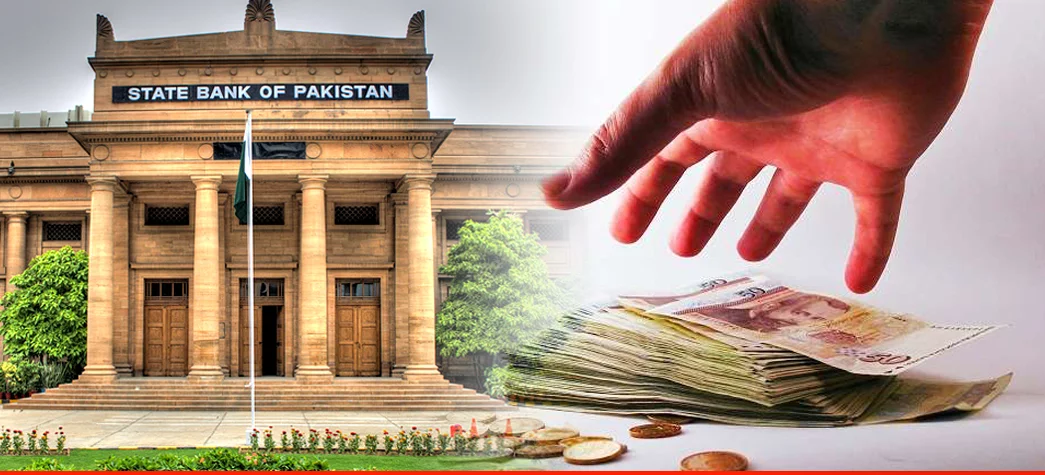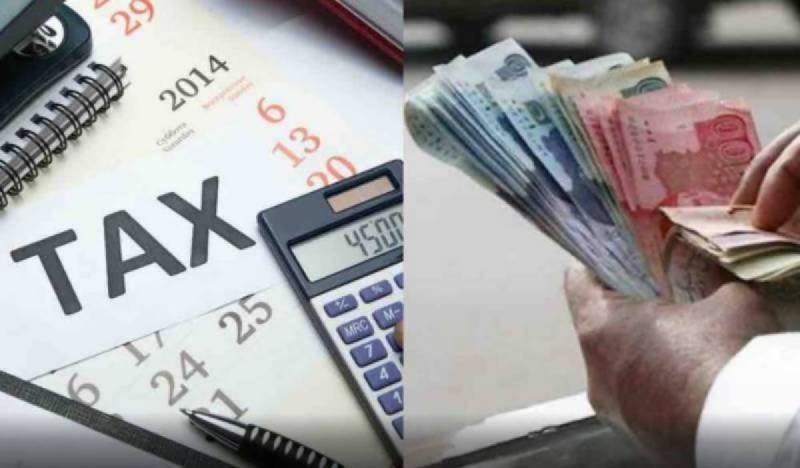In a significant crackdown on financial fraud, the Post Clearance Audit (PCA) South has uncovered a massive money laundering scheme worth Rs 9.7 billion within Pakistan’s iron and steel import sector.
This scandal, which spans the past three fiscal years, involves nine importers who manipulated their “manufacturing status” to evade a staggering Rs 315 million in duty taxes. The revelation has raised serious concerns about the integrity of the import process and the oversight mechanisms that failed to detect such large-scale fraud.
The PCA South, under the leadership of Director General Chaudhry Zulfiqar Ali and Director PCA South Sheeraz Ahmed, launched a sector-based audit focusing on iron and steel imports. This audit was initiated following reports of widespread misuse and irregularities in the sector. The investigation quickly led to the discovery of a well-orchestrated scheme in which these nine importers exploited the manufacturing status to illegally siphon funds out of the country.
According to the PCA, these importers falsely claimed exemptions and reduced rates of duty/taxes, benefits that are typically reserved for genuine manufacturing enterprises. However, instead of using the imported iron and steel for manufacturing purposes, these importers engaged in commercial sales of the same products, without possessing any manufacturing facilities or business premises. This blatant misuse allowed them to evade taxes and transfer a colossal Rs 9.72 billion abroad.
The PCA South’s audit teams issued notices to the nine importers involved in the scandal. However, in a telling turn of events, all audit notices were returned by the courier company with remarks indicating that the addresses provided by the importers were untraceable. This raised red flags and prompted further investigation, which revealed that these companies were, in fact, physically non-existent.
Further scrutiny of the Federal Board of Revenue (FBR) database provided additional evidence of the fraudulent activities. The database confirmed that the nine importers had transferred substantial sums of money abroad while evading Rs 315 million in taxes through illegal exemptions. The investigation also uncovered that these companies had very poor financial worth according to their income tax declarations, making it highly suspicious that they could finance such massive imports. In a particularly striking finding, three of the nine importers did not file income tax returns at all, despite financing imports worth Rs 2.48 billion. This glaring discrepancy further substantiates the suspicion of money laundering on a grand scale.
The PCA teams are now intensively probing the case to identify the real masterminds behind these fraudulent operations. The investigation is expected to delve deeper into the intricate layers of this complex scam, uncovering the true perpetrators who orchestrated the illegal activities. A key focus of the inquiry is to determine how these non-existent companies managed to acquire manufacturing status registrations without any physical presence, a loophole that facilitated their fraudulent scheme.
The modus operandi of these importers suggests a highly sophisticated and coordinated effort to exploit the system. By falsely claiming to be manufacturers, they were able to take advantage of duty exemptions and reduced tax rates that should have been reserved for legitimate manufacturing enterprises. This not only allowed them to evade taxes but also enabled them to launder substantial amounts of money out of the country.
The case has far-reaching implications, highlighting significant weaknesses in the regulatory and oversight mechanisms governing the import sector. The fact that these companies were able to operate for three years without detection raises questions about the effectiveness of existing checks and balances. It also underscores the need for stricter enforcement and more rigorous audits to prevent similar schemes in the future.
The PCA South’s investigation is a critical step towards holding the perpetrators accountable and ensuring that such large-scale fraud does not go unpunished. The involvement of senior officials like Director General Chaudhry Zulfiqar Ali and Director PCA South Sheeraz Ahmed in leading the probe indicates the seriousness with which the authorities are approaching the case. The outcome of this investigation is likely to set a precedent for how similar cases of financial fraud are handled in the future.
The broader implications of this scandal extend beyond the iron and steel sector, as it exposes vulnerabilities that could be exploited in other industries as well. The PCA’s findings are likely to prompt a broader review of import practices and regulations, with a focus on tightening controls and closing loopholes that allow for such fraudulent activities.
As the investigation continues, the public and industry stakeholders alike will be watching closely to see how the authorities handle the case and what measures will be implemented to prevent future occurrences of such large-scale financial fraud. The exposure of this Rs 9.7 billion money laundering scheme serves as a stark reminder of the need for vigilance and accountability in the financial sector.




